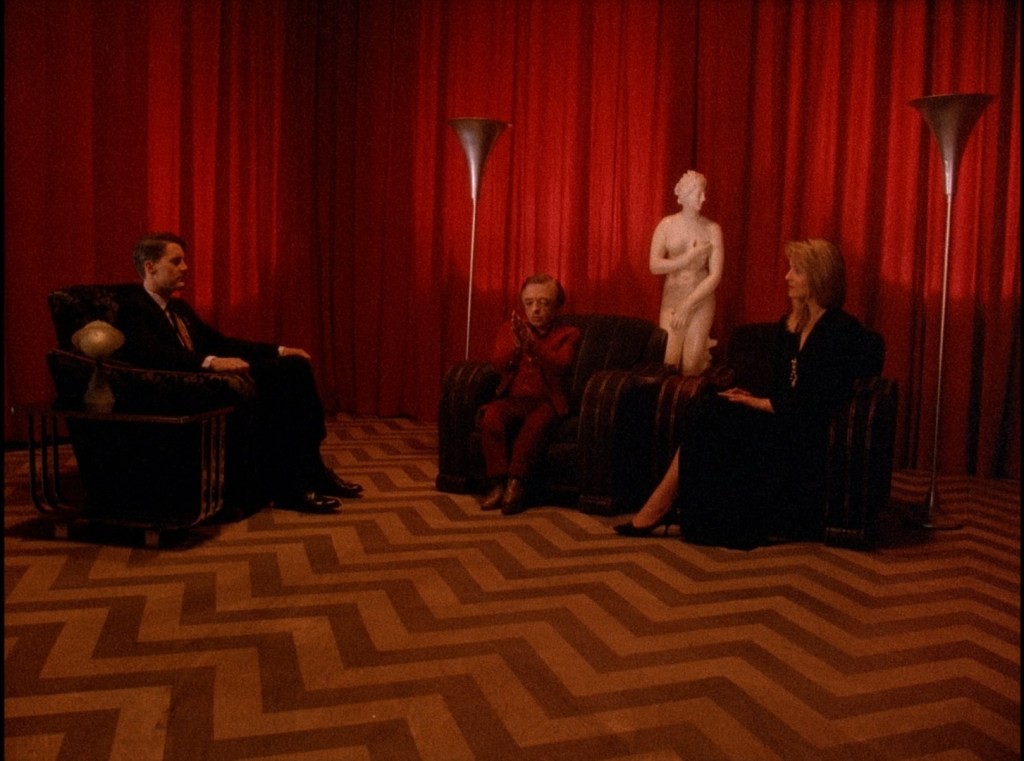
On April 8, 1990, ABC aired the pilot episode of "Twin Peaks," a groundbreaking series that would forever change the television landscape. Created by filmmaker David Lynch and writer Mark Frost, the show followed FBI Special Agent Dale Cooper (Kyle MacLachlan) as he investigated the murder of homecoming queen Laura Palmer in the mysterious town of Twin Peaks.
The two-hour premiere drew an astounding 36 million viewers and garnered critical acclaim, earning 14 Emmy nominations in its first season. Though the series only ran for two seasons before cancellation in 1991, its innovative approach to storytelling and unique creative vision established a new blueprint for television.
The show masterfully blended genres, combining elements of detective procedurals, soap operas, supernatural horror, and absurdist comedy. Its surreal narrative style and intricate season-long murder mystery laid the groundwork for later hits like "True Detective," "Lost," and "Stranger Things."
Beyond its narrative innovations, "Twin Peaks" transformed how audiences engaged with television. Despite limited internet access in 1990, passionate fans gathered in bars for viewing parties, dissected episodes around office water coolers, and even launched some of the earliest online discussion forums to decode the show's mysteries.
The series also proved that acclaimed film directors could successfully transition to television while maintaining their artistic vision. Lynch's distinct cinematic style translated seamlessly to the small screen, paving the way for other renowned filmmakers to work in television.
Though "Twin Peaks" lasted just 30 episodes in its original run, its influence continues to reverberate through popular culture. The show returned in 2017 with "Twin Peaks: The Return" on Showtime, introducing new generations to its groundbreaking blend of mystery, surrealism, and small-town intrigue.
As we mark 35 years since Agent Cooper first arrived in Twin Peaks ordering his signature black coffee and cherry pie, the show's legacy as a transformative force in television history remains undisputed.